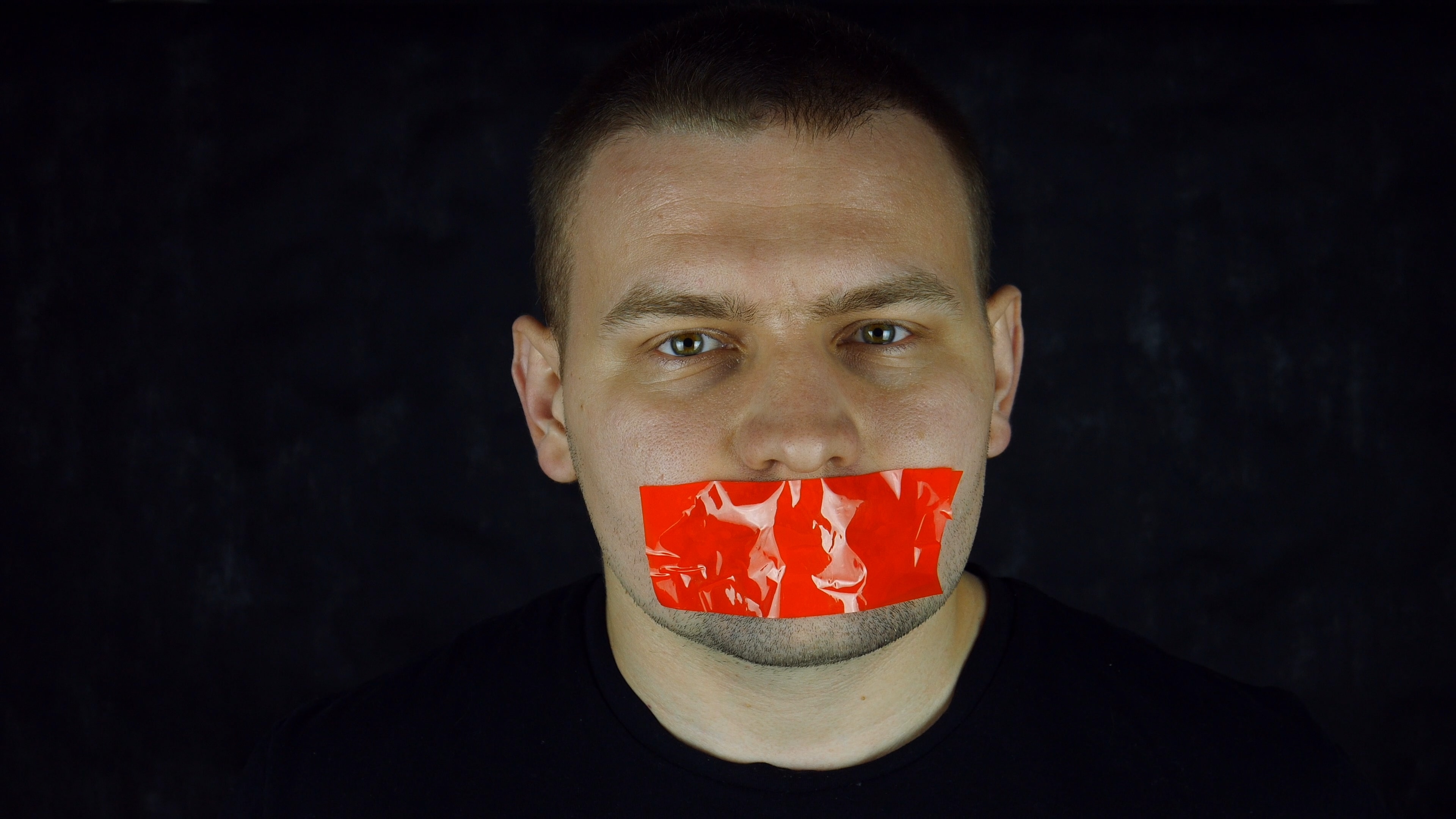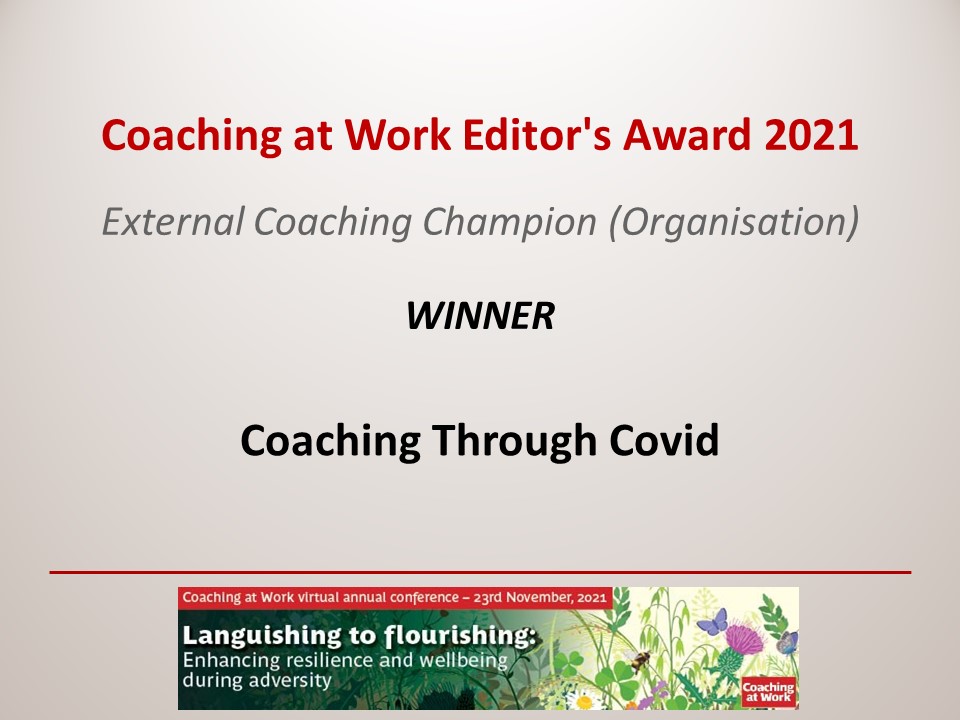blog: news and opinion
Are you being heard?
28th February 2022Voice matters because it is a channel for the self-expression that people need in order to feel acknowledged and seen, and – more broadly – because it can have a significant impact for a team or organisation when judgment, uncertainty, ideas and innovation, collaboration, communication and coordination are in the mix. An absence of voice may mean compliance or obedience, but it isn’t territory for sustainable engagement - and sustainable engagement is essential for the flexibility and adaptability that characterises resilient, robust, flourishing teams and organisations. What enables voice is psychological safety: believing that you won’t be punished or humiliated for speaking up with ideas, questions, concerns or mistakes. That belief means the leader, in the first instance, consistently modelling behaviours that authentically welcome inclusiveness and diversity (including diversity of thought), that mean that help is offered and requested freely, that engage without judgment in taking risks and failing, and that make open conversations the norm – all this without fear of judgment, penalty or exclusion.
Read more »The illusion of solutions
31st January 2022Family therapist Barry Mason characterises solutions as ‘only dilemmas that are less of a dilemma than the dilemma one had’. There’s no such thing as right or wrong in the coaching encounter: no predetermined answers, no pre-set course, but rather flow and emergence, and the noticing of these. And here’s where certainty and uncertainty arise, mirroring the working environment - and particularly the leader’s environment. Thinking in terms of certainty may mean that the leader doesn’t see all the tripwires, since not everything is either certain or predictable. In my experience of coaching leaders, the capacity to allow, and allow for, uncertainty – frustrating as that may be – also allows for versatility, responsiveness to the situation as it is, rather than as one wants it or assumes it to be, and creativity. Which in turn allows for a more agile response.
Read more »Coaching through COVID and Beyond
15th December 2021Are you an NHS/care sector worker struggling to manage stress, get your mojo back or work out next steps? If so, we can help! Coaching through Covid and Beyond offers FREE confidential independent support to key workers who wouldn't normally have access to high-quality coaching. Maybe you just want a one-off chat, or you'd like to sign up to a programme of up to six sessions - whatever works best for you. You can get in touch via our website www.coachingthroughcovid.org or email us at info@coachingthroughcovid.org and we can take it from there.
Read more »Award for Coaching through COVID and Beyond
30th November 2021Pro bono coaching programme Coaching through COVID and Beyond (of which I'm a co-founder and a member of the core team) has won the Coaching at Work magazine award of External Coaching Champion (Organisation). The depth of our psychological safety in the core team has meant that we’ve been able to have difficult conversations in a spirit of openness and honesty, we’ve been ready to take risks in a context of uncertainty, we’ve been agile and responsive and happy to experiment in a spirit of ‘test and learn’, and we’ve welcomed diversity of all kinds. Living diversity means that we’ve constantly called on our collective intelligence - and so we've been able to achieve innovative success in several important ways.
Read more »Trauma
31st October 2021Trauma is a living expression of a life-changing experience that often can’t be expressed in words but is a fundamental – and literally visceral – part of an individual’s identity. The range of manifestations is endless, including addictions, anxieties, physical pain, illness, problems with sleep, problems with relationships, and repeating patterns of behaviour which are counter-productive but which the individual doesn’t seem able to change. Despite appearances, the most apparently well-balanced, cheerful and obliging colleague may be hiding pain and distress which can get triggered and thus result in unexpectedly negative behaviour. The need for compassion and self-compassion, patience and acceptance, curiosity and tolerance is significant. What do you notice at work – about yourself and others?
Read more »Belonging, identity and confidence in uncertainty
30th September 2021You might recognise a situation where an organisation’s strategy is unclear, poorly-defined, poorly communicated or in constant flux. In this context, the role and place of any individual in the organisation (and especially a new recruit) can be unclear. The criteria by which his or her performance is evaluated are also likely to be unclear or in flux, or even more unsettling, implicitly in flux. As a result his or her confidence, their sense of identity, and sometimes even confidence in their survival, take a knock. None of this is good news for performance or growth or development. Leaders can therefore begin to turn things round by being curious about what they could be more aware of, by enquiring into their reports’ experience, and by listening.
Read more »Fear and courage
26th August 2021Fear and courage are intertwined when it comes to leadership of self and others. Fear is inevitable and - if unchecked - inhibits and erodes performance, versatility and the creativity that can be crucial to address the challenge, complexity and uncertainty that are constants in the life of leaders. Courage isn’t inevitable, but it’s an invaluable resource when fear is present. Learn, experiment again with a small change in courage, keep learning, and keep experimenting.
Read more »The impact of kindness and compassion
30th July 2021The news emerged that Dame Clare Marx, Chair of the General Medical Council, was stepping down from her post, having been diagnosed with pancreatic cancer. She reflects on her career that ‘in my happiest moments, I felt respected, valued and listened to. I felt I belonged’. Her wish is that ‘every doctor and every patient experiences the compassion that defines first-class care’. It’s the humanity between colleagues and by leaders that can evoke either distress or joy, isolation or feeling part of something bigger. How would it be if all of us, as leaders, spent just a couple of minutes each day being aware and conscious of compassion, kindness and listening? Awareness is the crucial starting point for change.
Read more »Power and the leader
30th June 2021One of the most striking features of power is, it seems to me, how multi-faceted the topic is – and how richly the facets interrelate and intersect and interdepend. There are many and varied implications for the exercise of leadership, and leaders can benefit from reflecting on these. For instance, a variety of perspectives are afforded by looking at ‘my’ power, ‘your’ power, ‘our’ power, and the power in and of the system. Further, within each of these comes the contrast between personal power, the power afforded by title or status, and the nuances of the perception of power that arise in the presence or absence of fear or shame. power can be ‘power over’ or ‘power with’ – and the latter implies more sustainability through relationship and connection. Power, courage and compassion can go hand in hand.
Read more »Integrity and power
28th May 2021The client’s terms of engagement transgressed my own deepest values, including integrity. This kind of behaviour on the part of consultancies seems widespread. Further, the attendant disservice to the ultimate end user stems from the enforced compromise of professional integrity, and the imbalance of power is experienced by many of their associates to be abusive. As professionals, are we prepared to tolerate this kind of attitude, behaviour and lack of integrity inherent in the contracting from so many perspectives? Are we really powerless or can we find ways to bring our power respectfully to a rebalancing that will be in all our interests?
Read more »









